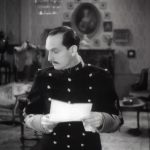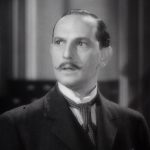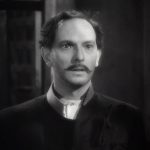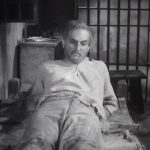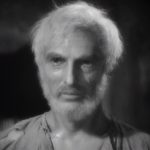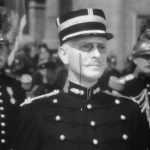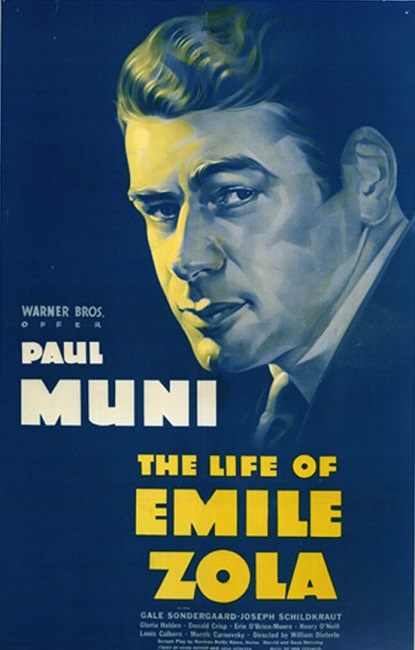
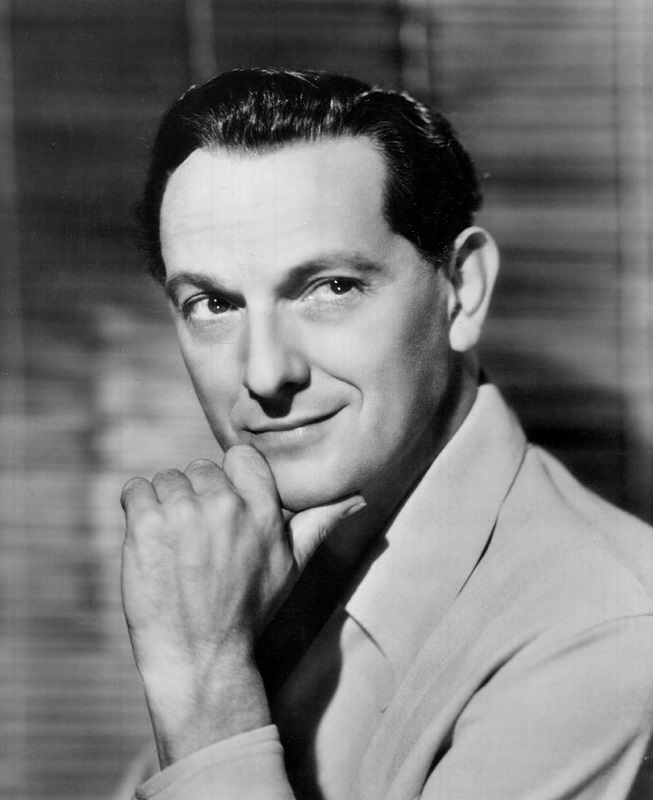

1937 – Joseph Schildkraut
The Life of Emile Zola
The Life of Emile Zola was a film that was nominated for ten Academy Awards. It won three of them. The first was Best Picture, another was Best Writing, Screenplay, and the third was Best Supporting Actor. Schildkraut was incredibly good, playing a character that is really put through the wringer, undergoing both an emotional and a physical transformation. His was definitely a supporting role, but I think a movie where Captain Alfred Dreyfus was the main character would be fascinating to watch.
Alfred Dreyfus is first introduced on the screen as a family man. He is a loving husband and an attentive father. He is a kind and gentle man who is wrongly accused of the crime of treason. He is dishonorably discharged from the French Army, and sentenced to years of solitary confinement on an island prison. While he is being publicly stripped of his rank and commission, he continues to shout his innocence to the angry mob that thinks he is a traitor to his country. Even after years of incarceration, he screams to his prison guards of his innocence.
I think Schildkraut was good. Maybe not great, but very good. The two scenes where his performance really stood out to me were both heartbreaking to watch. In one, Dreyfus is cruelly parted from his wife, played by Gale Sondergaard, just before he is taken to his solitary cell. In the other, he is finally let out of his cell, after a stay of five years. In that scene, he exits his cell, then walks back into it twice, just to assure himself that he isn’t dreaming. The disbelief and relief on his face was pretty powerful, and Schildkraut made you really feel for the character.
This is a character actor who I would never have even heard about if not for this film and his Oscar win. But in fact, he acted in around sixty films over the course of his fifty-year acting career, starting in silent German films in 1915, and continuing until his final film appearance in 1965 as Nicodemus in The Greatest Story Ever Told. The only other notable film I’ve seen of his is The Diary of Anne Frank in 1959, where he played Anne’s father, Otto Frank, though I remember that he did a pretty good job in that film, too. Well-done Joseph.
